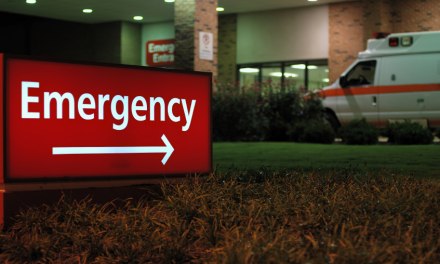This study, surprisingly, found more effects for cannabis use on the cognitive abilities of teens than were found with alcohol. That sure isn’t what I’ve seen in the media. Give it a read and see what you think:
“Teen cannabis use is not without risk to cognitive development”
Of course, cannabis is usually compared positively to alcohol in terms of its negative impact. Some of that is unarguable. People don’t die of cannabis-related liver or heart disease, and though it does impair driving, it rarely leads to the wild misbehavior that we associate with excess drinking.
That’s the good news. There is, however, a growing body of research that suggests future problems resulting from an increase in use by teenagers. I’ve been surprised at how little attention this has received during the long debate on legalization. The public, including those in elected office, seem to assume that the expected prohibition on sales and use by underage persons will somehow be enough to limit the damage. But how effective have age limits been with drinking alcohol or smoking cigarettes?
Average age, first use of alcohol: 14. Average age, first use of tobacco: 15. Many kids start earlier, of course. Hardly anyone waits until they’re legal.
I know some survey research has been published that suggests teen pot use hasn’t increased in states like Colorado, where legalization has been in effect since July 2014. Other findings, based on other indicators, suggest a different outcome. Here’s one, from last spring:
“Marijuana-related ER visits by Colorado teens on the rise”
Everyone agrees that more time and more data is essential to accurate assessment of the impact of legalization on adolescent cannabis use. It’s best to reserve conclusions at this point. Still, greater availability of any of these psychoactive drugs generally leads to more widespread use.
This might turn out to be the exception, but we don’t know that yet.
So what’s the solution? First, let’s publicly acknowledge that age limits won’t be sufficient to curb underage use. Experience has taught us that much. Then let’s admit that commercial enterprise will no doubt take advantage of rising demand by marketing directly to kids- check out what’s happened with vaping– while protesting their innocence. At least some producers will think about the size of the teen market and decide, hey, if we don’t satisfy the demand, one of our competitors will. So why not us?
Finally, we should work hard to expand access to treatment– not just developing newer, more expensive medications, but coming up with real people with real counseling skills to work with real kids who are in real trouble.














The problem is that many teenagers have bought the hype that cannabis is actually good for them and that it doesn’t affect driving. They are brainwashed. That extends to 18-25 year olds who have been using more and more users use every day. My son was devastated by heavy use. I don’t think using once in a while is a big deal, but the daily users have academic and employment problems. Very sad. We are promoting a whole group of delusional underachieving stoners while saying tobacco smoking is evil. And the marijuana users almost always use alcohol too. No one is giving up alcohol for cannabis.
I’m perplexed to say the least. It’s my understanding that marijuana is far worse than regular cigarettes. It’s been several years since the Surgeon General declared cigarettes to be a health risk and urged all who smoke to quit. Makers of cigarettes aren’t even allowed to advertise for sales of their products. Yet here we are, legalizing marijuana and saying the effects are less than alcohol. Right now, “street marijuana” can be lethal because of being laced with Fentanyl! How do we know that Fentanyl won’t find it’s way into the “legal” marijuana? It seems counterintuitive to sell marijuana when we are fighting the biggest drug epidemic this country has ever seen. Am I the only one who thinks this is a huge mistake???
Good words of wisdom, Scott, as usual. I have always thought that the “legalizers” glossed over the age issue. Glad to see your words pointedly reminding readers of that important issue. Keep up the great work!